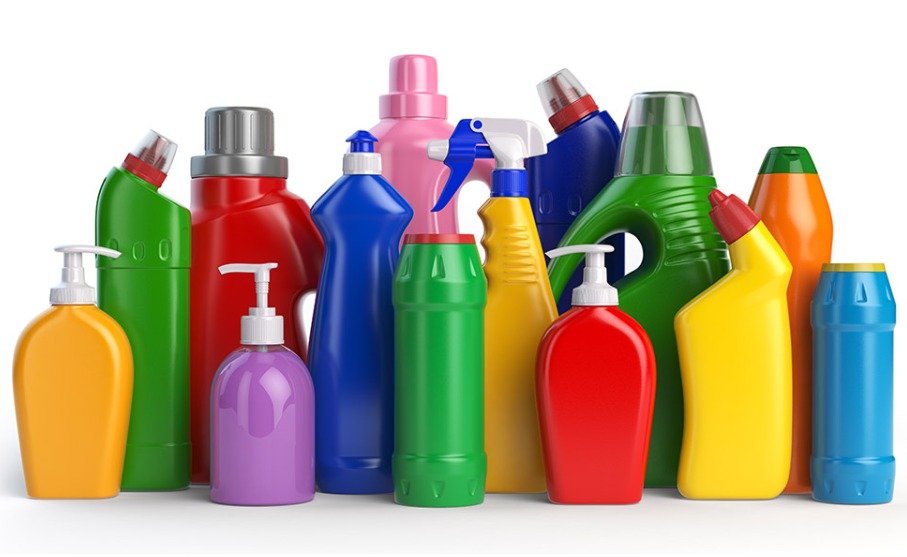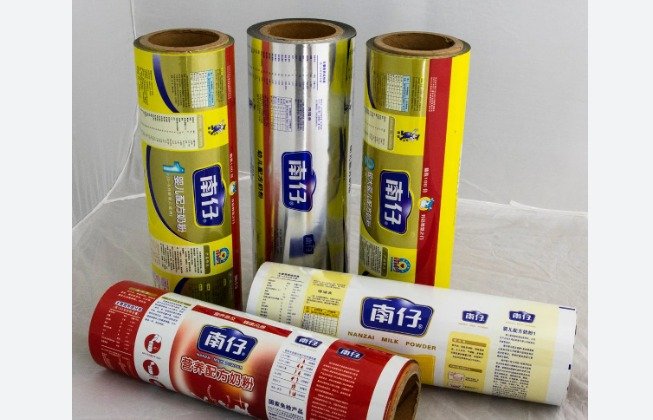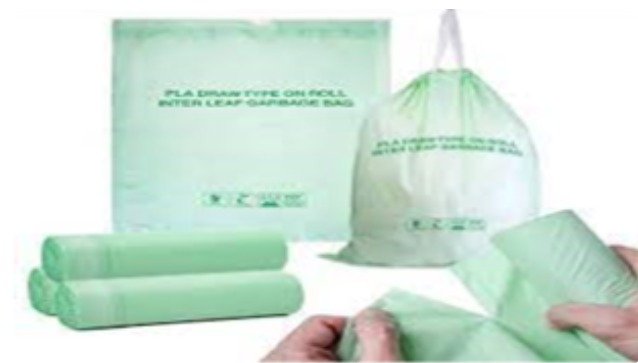EPR-Plastic Waste Authorization for PIBO
India’s EPR for Plastic Waste (2016): Shifting Responsibility, Shaping a Sustainable Future
Implemented in 2016, India’s Extended Producer Responsibility (EPR) program assigns post-consumer plastic packaging waste management responsibility to producers, importers, and brand owners (PIBOs). This policy shift incentivizes:
- Reduced Plastic Use: PIBOs are encouraged to minimize plastic packaging and explore sustainable alternatives.
- Enhanced Collection & Recycling: EPR mandates PIBO participation in collection systems, promoting a circular economy for plastic.
Current Status:- Implementation: The EPR framework for plastic waste management is still under development. The CPCB is finalizing details regarding online registration procedures, specific EPR obligations for PIBOs, and financial mechanisms.
- Plastic Waste Management Amendment Rules, 2021: These amendments aim to further strengthen EPR by prohibiting specific categories of single-use plastic items with low utility and high littering potential.
- Implementation: The EPR framework for plastic waste management is still under development. The CPCB is finalizing details regarding online registration procedures, specific EPR obligations for PIBOs, and financial mechanisms.
Free Consultation By Experts
Introduction
India faces a significant challenge in managing plastic waste. To address this, the government introduced the Plastic Waste Management Rules, 2016 (PWM Rules), which incorporate the Extended Producer Responsibility (EPR) principle. Here’s a detailed breakdown of EPR for plastic waste management in India:
EPR Framework:
- Responsibility Shift: The PWM Rules place the responsibility for managing plastic packaging waste on Producers, Importers, and Brand Owners (PIBOs). This incentivizes them to find solutions for plastic waste generation throughout the product lifecycle.
Key Requirements for PIBOs:
- Registration: PIBOs need to register with the Central Pollution Control Board (CPCB) through an online portal.
- Plastic Waste Reduction: EPR encourages PIBOs to minimize plastic usage in packaging and promote alternatives like reusable or compostable materials.
- Collection and Recycling Systems: PIBOs are mandated to establish or participate in collection systems for post-consumer plastic packaging waste. This might involve setting up collection points, collaborating with waste management companies, or utilizing designated take-back mechanisms.
- Financial EPR Obligations: The regulations might require PIBOs to contribute financially to a national or state-level fund dedicated to plastic waste management initiatives.
Benefits:
- Reduced Plastic Pollution: EPR aims to decrease plastic waste generation and prevent plastic litter from entering landfills and the environment.
- Improved Recycling Rates: By establishing collection and recycling systems, EPR can significantly increase plastic recycling rates in India.
- Circular Economy for Plastic: EPR promotes the concept of a circular economy for plastic, where used plastic is recycled back into new products, minimizing waste generation.
- Innovation in Sustainable Packaging: EPR incentivizes PIBOs to invest in developing innovative and eco-friendly packaging solutions.
Challenges:
- Program Design: Ensuring a fair, transparent, and enforceable EPR program requires careful planning and collaboration between stakeholders (government, PIBOs, waste management companies, and consumers).
- Consumer Awareness: The success of EPR hinges on active participation from consumers. Raising awareness about responsible waste disposal practices and proper waste segregation at source is crucial.
- Waste Management Infrastructure: Effective EPR implementation requires investments in strengthening India’s waste collection, sorting, and recycling infrastructure.
Conclusion:
The EPR framework for plastic waste management in India holds immense potential for tackling plastic pollution and promoting a more sustainable future. While challenges remain, the government’s initiatives and ongoing development of the EPR program offer a promising path towards a cleaner and more responsible plastic life cycle in India.
Eligibility Criteria
While the specific details are still under development by the Central Pollution Control Board (CPCB), here’s what PIBOs (Producers, Importers, and Brand Owners) can likely expect regarding eligibility for registration under the EPR framework for plastic waste management:
- Focus on Established Businesses: The program might prioritize registration for established PIBOs with a proven track record in responsible business practices. This could involve:
- Valid business licenses and registrations
- Experience in managing plastic waste (if applicable)
- Financial Capability: PIBOs might need to demonstrate financial stability to ensure their commitment to fulfilling EPR obligations.
- Infrastructure and Expertise: Having the necessary infrastructure and expertise for plastic waste collection and potentially channelling it towards recycling partners might be a requirement.
The following entities shall register on the centralized portal developed by CPCB:
I. Producer (P)
II. Importer (I)
III. Brand owner (BO)
IV. Plastic Waste Processor engaged in (a) recycling, (b) waste to energy, (c) waste to
oil, and (d) industrial composting.
Plastic Packaging Categories & Govt Fees
The following plastic packaging categories are covered under EPR:
Category I : Rigid plastic packaging
Category II : Flexible plastic packaging of single layer or multilayer (more than one
layer with different types of plastic), plastic sheets or like and covers made of plastic
sheet, carry bags, plastic sachet or pouches
Category III : Multilayered plastic packaging (at least one layer of plastic and at least
one layer of material other than plastic)
Category IV : Plastic sheet or like used for packaging as well as carry bags made of
compostable plastics




The details of fees to be paid by PIBO/ PWP is as given below:
a. Application fees for Registration of PIBOs
Sl. No. | PW Generation Slab ( TPA ) | Proposed Processing Fees (Rs.) # |
1 | <1000 | 10000 |
2 | 1000-10000 | 20000 |
3 | >10000 | 50000 |
Documents Requirement for Registration
The main documents required to obtain EPR Authorisation for Plastic Waste Management Business are
Before setting a plant you will be required some licenses:
- Company Incorporation
- GST Registration
- Authorization from SPCB
- Registration under PWM (Connect with team for full documentation)
Documents Required for Registration:
- GST Certificate
- Company Incorporation Certificate (for Pvt ltd / public ltd
- Authorized Signatory Aadhaar Card
- Authorized Signatory PAN Card
- Electricity Bill
- Layout Plan
- MOA (for Pvt ltd / public ltd)
- Topo map
- Water Bill
- Rent Agreement/ Property Paper
Documents required for Manufacturing of Plastic Raw Material:
- Aadhaar & PAN Card Authorized Signatory
- GST Certificate
- Valid CTE & CTO
- DIC or DCSSI Certificate
Registration Process In India
The specific registration process for PIBOs (Producers, Importers, and Brand Owners) under India’s Plastic Waste Management (PWM) Rules (2016) is still under development by the Central Pollution Control Board (CPCB) as of now. However, based on general practices for environmental registrations, here’s a likely scenario for the registration process:
1. Stay Updated:
- Official Guidelines: Once released, carefully review the official guidelines or notifications issued by the CPCB detailing the registration process, eligibility criteria, and government fees (if applicable).
2. Prepare Registration Documents:
- Gather Required Documents: Compile the documents likely needed, such as:
- Business Details (company registration documents, PAN card, GST registration)
- Facility Details (address of any plastic packaging storage or sorting facilities)
- Details of Plastic Packaging: Information on the types and volumes of plastic packaging you handle (production, import, or branding)
- Waste Management Plans: Outline your plans for managing plastic waste generated by your products (potential collaboration with waste management companies or Producer Responsibility Organizations – PROs). This might include details on collection mechanisms and responsible disposal practices.
- Financial Capability Demonstrations (potential requirement) – Documents showcasing your financial stability to ensure fulfillment of EPR obligations.
- Business Details (company registration documents, PAN card, GST registration)
3. Online Registration Portal:
- Access the Portal: Once the online registration portal becomes available on the CPCB website, use valid login credentials to access it. You might need to create an account if not already registered with the CPCB.
- Fill Out Application Form: Carefully complete the online application form, providing accurate information about your company, plastic packaging activities, and proposed waste management plans. Be sure to attach all the required documents in the designated format.
4. Verification and Approval:
- CPCB Scrutiny: The CPCB will scrutinize your application and uploaded documents to ensure completeness and compliance with the regulations. They might request clarifications or additional information if necessary.
- Site Inspection (Potential): Depending on the regulations, the CPCB or designated authorities might conduct a site visit to your storage or sorting facilities (if applicable) to verify compliance with environmental and safety standards.
- Approval Notification: Upon successful verification and review, the CPCB will issue a formal notification of your registration approval.
Renewal of Registration
i. PIBO shall submit the application for renewal four months before the expiry of the Registration along with the necessary documents as discussed in the previous sections.
ii. PIBO have to ensure that Annual Reports are filed by June 30 of the following year (as per EPR Guidelines) for the intervening Registration period. Application for renewal will not be processed unless all due annual
reports are filed.
iii. Findings of Audit Reports shall be taken into consideration for renewal of PIBO Registration.
iv. Registration granted to PIBO shall be renewed for a period of three years by CPCB/SPCBs/PCCs within 15 days of receipt of complete documents from the Producers& Brand Owner.
Important Considerations:
- Timeline: Be mindful of any deadlines associated with the registration process. Early preparation will ensure you have ample time to gather documents and complete the application.
- Seek Professional Guidance: Consulting with (Himsyndicate)environmental lawyers or waste management experts can streamline the registration process and ensure your application adheres to all requirements.
- Stay Compliant: Maintaining compliance with the regulations and renewing your registration periodically will be crucial for continued operation as a registered PIBO under the EPR program.
Talk To Expert Advisor
STEP - 1
Fill The Application Form
STEP - 2
Get Free Consultation By Experts
STEP - 3
Make Payment & Place the Order
STEP - 4
Executive will process the Application & Get your work done with in the given Timeframe
